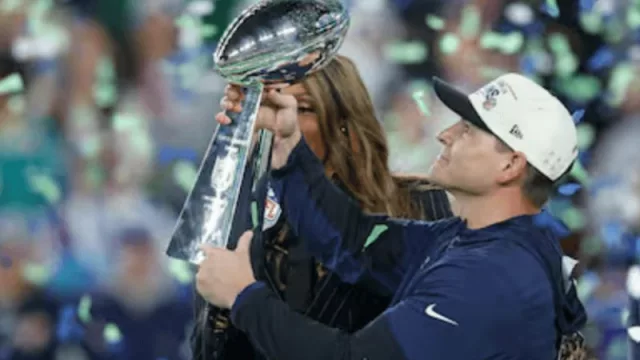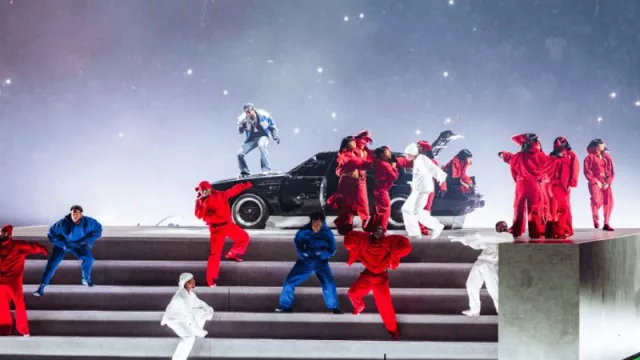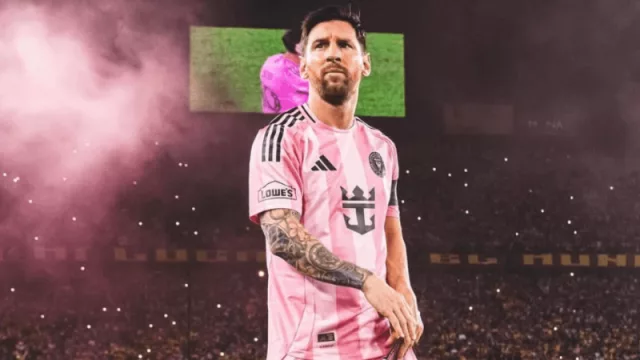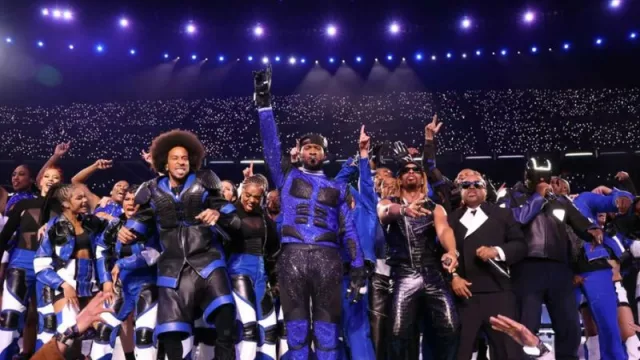Main Tips:
To win, a candidate needs at least 270 electoral votes. Currently, Harris has guaranteed 226 votes and Trump 219, meaning the contest will focus on the 93 votes in seven swing states. These states are divided into two regions: the Rust Belt and the Sun Belt.
The most crucial state is Pennsylvania, contributing 19 electoral votes, where the growing Hispanic population, particularly those of Puerto Rican and Dominican descent, will play a significant role. Other key states include Georgia (16 votes), North Carolina (16), Michigan (15), Arizona (11), Wisconsin (10), and Nevada (6). Campaigns have concentrated on these states, as their decisions will be pivotal in determining whether Harris becomes the first female president or if Trump regains the office after his defeat in 2020.
Simply Understandable in Three Minutes and Shareable:
A fundamental aspect of the U.S. electoral system is the process by which the president is elected, which is not as straightforward as it might seem. Unlike many countries, where the candidate receiving the most popular votes automatically becomes president, the United States employs a mechanism known as the Electoral College.
The Electoral College is a group of electors who cast their votes based on election results in each state. There are a total of 538 electoral votes, and to win the presidency, a candidate must obtain at least 270 of these votes. Each state has a certain number of electoral votes based on its population. For instance, California, being the most populous state, has 54 votes, while less populated states like Wyoming have just three.
The operation of the Electoral College implies that, with few exceptions, the candidate who wins the majority of the popular vote in a state takes all of that state’s electoral votes. This means that if a candidate wins a state by a narrow margin, they receive the same number of electoral votes as if they had won by a wide majority. This peculiarity can lead to situations where a candidate may win the presidency without securing the majority of national votes, as was the case in the 2016 election when Donald Trump won the Electoral College despite receiving nearly three million votes fewer than Hillary Clinton.
Source: ABC News/538 • Last Updated 10/29/2024
IG: @infonegociosmiami
Latinos in Florida and the USA: Trump Leads Harris in the Latest USA TODAY Poll (By How Much?)
Updated poll note from USA Today here:
Link to the article
In Summary:
-
Electoral College System: The president is not directly elected by voters but by the Electoral College, a body representing the states.
-
State Voting: Elections are held state by state. Voters select their candidate, and the winner in each state receives all the electoral votes from that state.
-
Electoral Votes: There are a total of 538 electoral votes. To win, a candidate must obtain at least 270 votes.
-
Distribution of Votes: Each state has a variable number of electoral votes based on its population. For example, California has 54, while smaller states like Wyoming have 3.
-
Majority in the State: With few exceptions, the candidate receiving the majority of the popular votes in a state gets all the electoral votes from that state.
-
Possibility of Winning Without National Majority: A candidate can win the elections without having the majority of
What is the Electoral College: "College" refers to the electors who cast votes on behalf of their state. This system applies only to the presidential election.
Elector Votes: Although electors can theoretically vote for any candidate, they almost always vote for the candidate who won in their state. Electors who do not do so are called "faithless electors."
Tie in the Electoral College: If there is a tie, the House of Representatives chooses the president. This has happened once, in 1824.
Origin of the System: It was created in 1787 due to the lack of communication and the vast expanse of the country, as well as political influences of the time, especially in the southern states.
Advantages and Disadvantages:
Advantages: Small states hold significance, candidates can focus on key states, and recounts are simpler.
Disadvantages: The winner of the popular vote can lose, some voters feel their vote doesn't matter, and "swing states" hold too much power.
Swing States: These are states that may vote for different parties in different elections and are the focus of electoral campaigns.
Fake Electors: This refers to attempts to overturn election results by creating unofficial electors, as occurred in 2020. Some face legal proceedings for these actions.
-
Infonegocios RED: 4.5 million Anglophone Latinos reading business news daily
-
Contacts: [email protected] or [email protected]












Tu opinión enriquece este artículo: